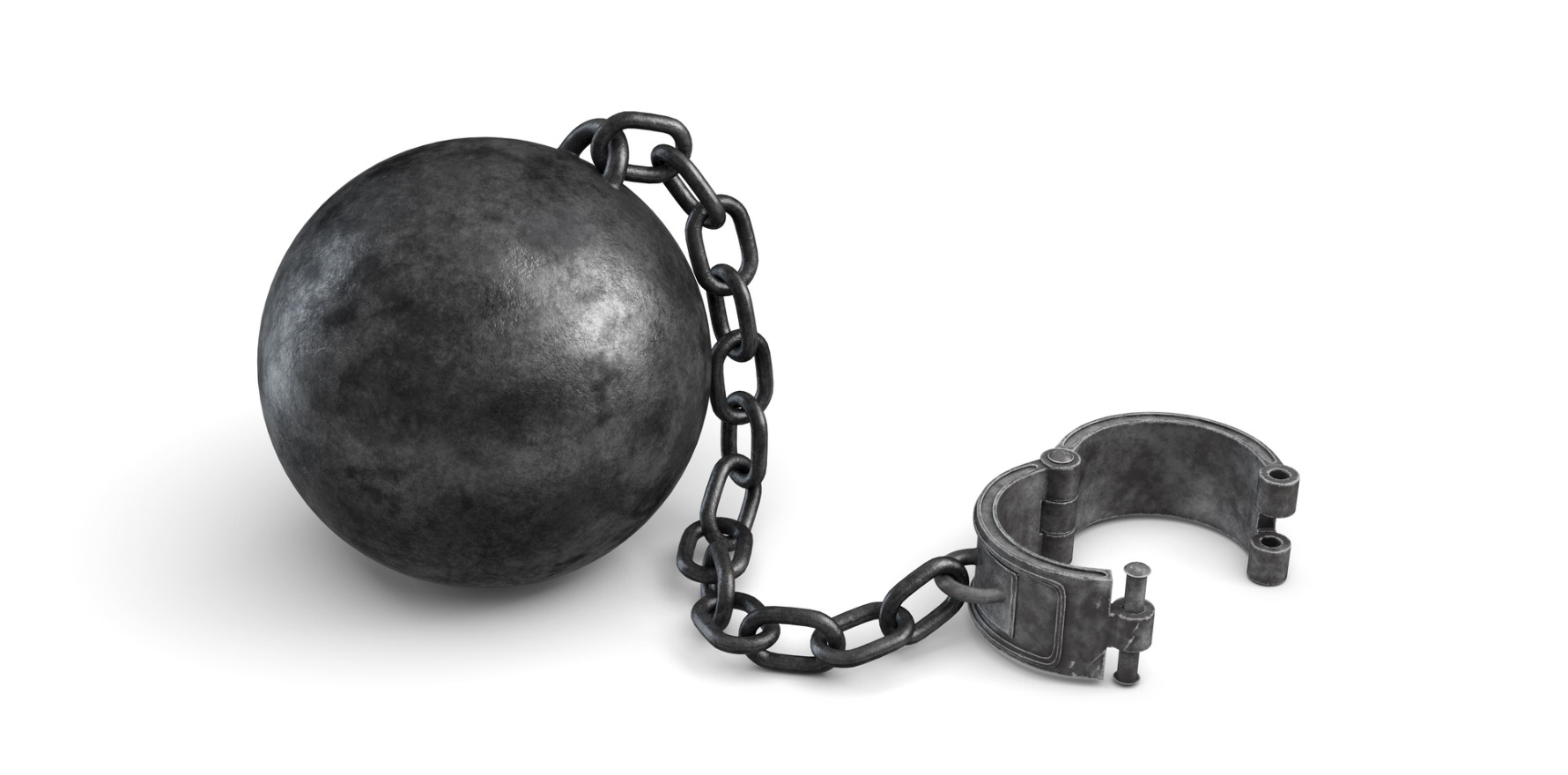Change is often not as bad as we expect. Now that the walls are really closing in, we must embrace it.
As prices rise across every aspect of life, we are all feeling the pinch and reassessing our choices.
Everything from lettuce to petrol is costing more, and daily there is notice of another service provider raising prices or going into administration due to financial pressures.
With the recent fall of corporate TriStar whose business model was universal bulk billing, mainly across regional and rural Australia and relying primarily on IMGs, as well as Osana with a different model, many of us are wondering what is next.
Last month the Fair Work Commision ruled for a 5.2% increase in the minimum wage to keep pace with inflation, which is a win for people stuck on minimum wage.
Many of my peers who own small mixed-billing clinics reflected that their staff would be barely affected as none of them is on minimum wage. It was sobering for them to realise that many of the corporates, who rely solely on bulk billing to get people through the door, indeed have staff on minimum wage or as close to it as possible. For them a 5.2% rise in wages, or $40 a week, may make survival impossible, especially when you factor in the pitiful rise in patient Medicare rebates this financial year.
That has been the final nail in the bulk billing coffin for many of my peers. Several have moved to mixed billing since the new financial year, simply because the alternative is often to close.
Where does that leave the genuinely vulnerable and disadvantaged, through? In a recent thread on Twitter a Canadian family physician sounded quite wistful about her desire for capitation. Get paid an hourly wage, work in teams and be able to spend more than five to 10 minutes with patients especially those with complex care needs and actually be paid for administration time? Sounds utopian, quite frankly.
Capitation payment means you have financial security. You have the flexibility to spend more than 10-15 min with a patient. You can take an hour to reflect on your practice with your team and think about system improvement without thinking that hour is lost income
— Tara Kiran (@tara_kiran) June 16, 2022
But many GPs recoil at the word capitation. Whether it is that too many have migrated here from the UK after being burned by that failed capitation model, or whether it’s intrinsically flawed and this Canadian peer is simply too optimistic, I am unsure.
The overall consensus seemed to be that universal bulk billing is dead and the sooner we realise this and accept it and find an alternative the better. A recent TMR article by Holly Payne reported a survey that found most people would be unhappy to pay a gap fee and if they had to, they’d want to pay no more than $20.
Here is the thing, though.
Change is hard. As humans, the bulk of our problem, in every facet of life, from health to career to life in general, is that we are hardwired to resist change. We would rather stay and be miserable than to take a risk, to change and discover it is actually better than we imagined.
I’m reminded of the time in 2018 when we began to phase out single-use plastic bags and major supermarkets were forced initially to backtrack and allow a further grace period to allow people to adjust. I remember the mothers of my friends lamenting how hard it was to go shopping and not be given bags for their purchases. Very quickly however, we adjusted because the alternative was to pay 15c per bag. Now no one even talks about it, and this month, bans are formally in effect across NSW as the first step to purging many single-use plastic items from everyday life.
My suspicion is that this will also be the case to wean us from universal bulk billing. While there will always be practices that will wish to continue to compete on mainly price, i.e. no fees/no gaps, the reality is these will quickly become overwhelmed with long wait times for rushed single-issue two-minute medicine – which is fine for quick stuff but not much more. Those who can afford to pay, or simply do not wish to spend hours waiting in walk-in lines or holding out weeks for an appointment, will simply opt to pay.
The alternative, to go to ED, is equally unpalatable given current wait times in most EDs across Australia.
Some continue to wait for the government to raise the patient rebate adequately, but the reality is, the effective Medicare rebate freeze that has been in place since 2013 means that in order to allow bulk billing, we’d need a doubling of everyone’s rebate and that is simply not going to happen.
In any event, the patient rebate was never meant to be a 100% fee for service provided, just as childcare rebates are not.
It seems that doctors, and especially GPs, fell into this trap and have only just started to notice that the walls have been closing in, even though it’s been happening for at least a decade. It is only now, when it truly bites, that more of us are gathering the courage to stop bulk billing, and once we do, refusing to every return to it.
We will need to be steadfast given the other changes in the landscape: rising patient expectations, rising indemnity costs and increased CPD requirements such that several peers close to retirement age are thinking this may be what pushes them finally out the door.





